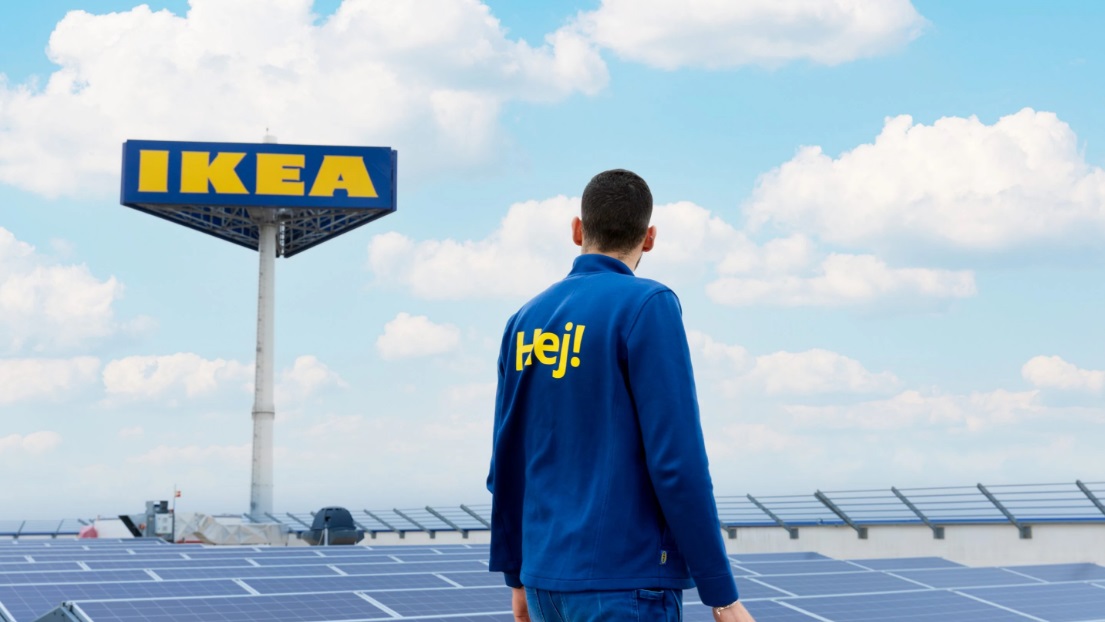Ingka Group, the largest IKEA retailer, strengthened climate targets for reducing greenhouse gas (GHG) emissions have been validated and approved by the Science Based Targets initiative (SBTi).
The company first set science-based climate targets in 2018 and have since then reduced their climate footprint by 24.3% while increasing revenue by 30.9%, compared to the 2016 baseline. The updated targets are part of the IKEA strengthened climate ambition ‘Net Zero and Beyond’.
As the world continues to evolve, with advancements in science and aligned industry standards, Ingka Group strengthened its climate targets in November 2023 in alignment with the Science Based Targets initiative (SBTi) Corporate Net-Zero Standard. These targets were approved by SBTi in April 2024.
The revised targets means that Ingka Group is committed to reduce absolute greenhouse gas emissions from the value chain by at least 50% by FY30 (compared to FY16 baseline) and reach net zero emissions by 2050, without relying on carbon offsets to meet these absolute reduction targets.
“The climate crisis is one of the biggest challenges facing humanity and as a business we are driving action in our business and beyond to contribute to limit global temperature rise to 1.5°C. Even if we have come far on our journey, we all need to do more, and the latest climate science is telling that we need to move with impact and speed. Now. Together we can create a positive change in society by accelerating climate action and working together with partners, governments, the private sector, and our customers,” says Jesper Brodin, CEO, Ingka Group.
In line with the latest industry developments, the IKEA climate ambition is reframed from “Climate Positive” to “Net Zero and Beyond,” and reconfirms the shared IKEA commitment to the Paris Agreement and the science of limiting average global temperature rise to 1.5°C.
